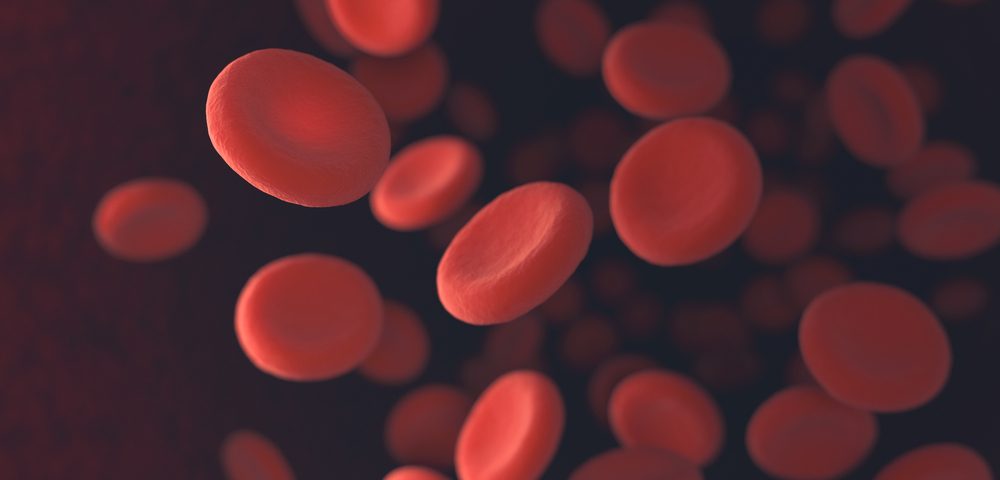Akebia Therapeutics, Inc., has released positive results from a drug-drug interaction study evaluating vadadustat, an oral medicine to treat anemia related to chronic kidney disease (CKD). The results indicate that vadadustat may be administered with other drugs that are metabolized by CYP2C9 without dose modification, as no clinically significant interactions were detected between it and CYP2C9-sensitive substrates.
These positive findings were presented at the 53rd European Renal Association-European Dialysis and Transplant Association (ERA-EDTA) Congress, which recently took place in Vienna.
Vadadustat, in development as part of Akebia’s hypoxia inducible factor (HIF) technology platform, is an oral therapy designed to stabilize the transcription factor HIF, which is involved in red blood cell (RBC) production in response to changes in oxygen levels. The medicine raises hemoglobin levels in a sustained manner, increasing RBC production, improving oxygen delivery and iron mobilization, and potentially reducing the need for iron supplementation.
The drug-interaction study enrolled 12 healthy male volunteers. Subjects received, on day one, a single 200 mg dose of celecoxib, a CYP2C9 substrate. CYP2C9, a cytochrome P450 enzyme, plays a major role in the metabolism of many drugs, such as cholesterol and blood pressure medications.
On days three and nine, the men were given 600 mg doses of vadadustat, with an additional single dose of celecoxib administered on day eight. Analyses of collected blood samples indicated that celecoxib showed comparable pharmacokinetic profiles, namely mean half-life, before and after co-administration with vadadustat. No significant drug-drug interaction was observed between the two. Moreover, vadadustat was well-tolerated when administered with the other CYP1C9 substrate, suggestingit may be administered with medications metabolized by CYP2C9, without the need for dosing adjustments.
“These findings suggest that dose-modifications are not necessary when medications commonly prescribed to patients with kidney disease that are metabolized by CYP2C9 are taken concomitantly with vadadustat,” Brad Maroni, chief medical officer of Akebia, said in a news release. “The area under the concentration-time curve (AUC) for celecoxib, a sensitive CYP2C9 substrate, was similar in the presence or absence of vadadustat, which supports vadadustat as a potential best-in-class treatment for patients with CKD.”

